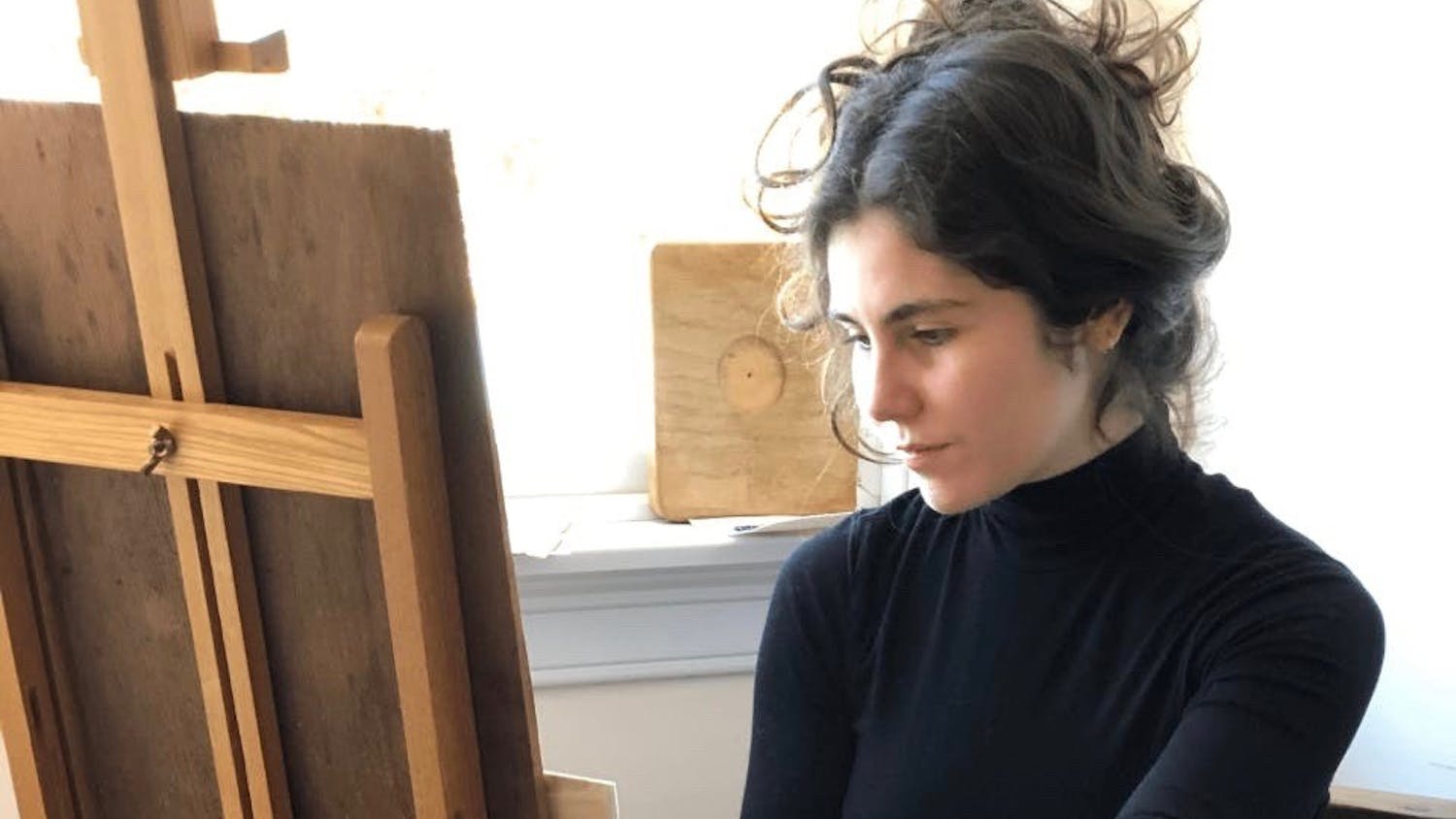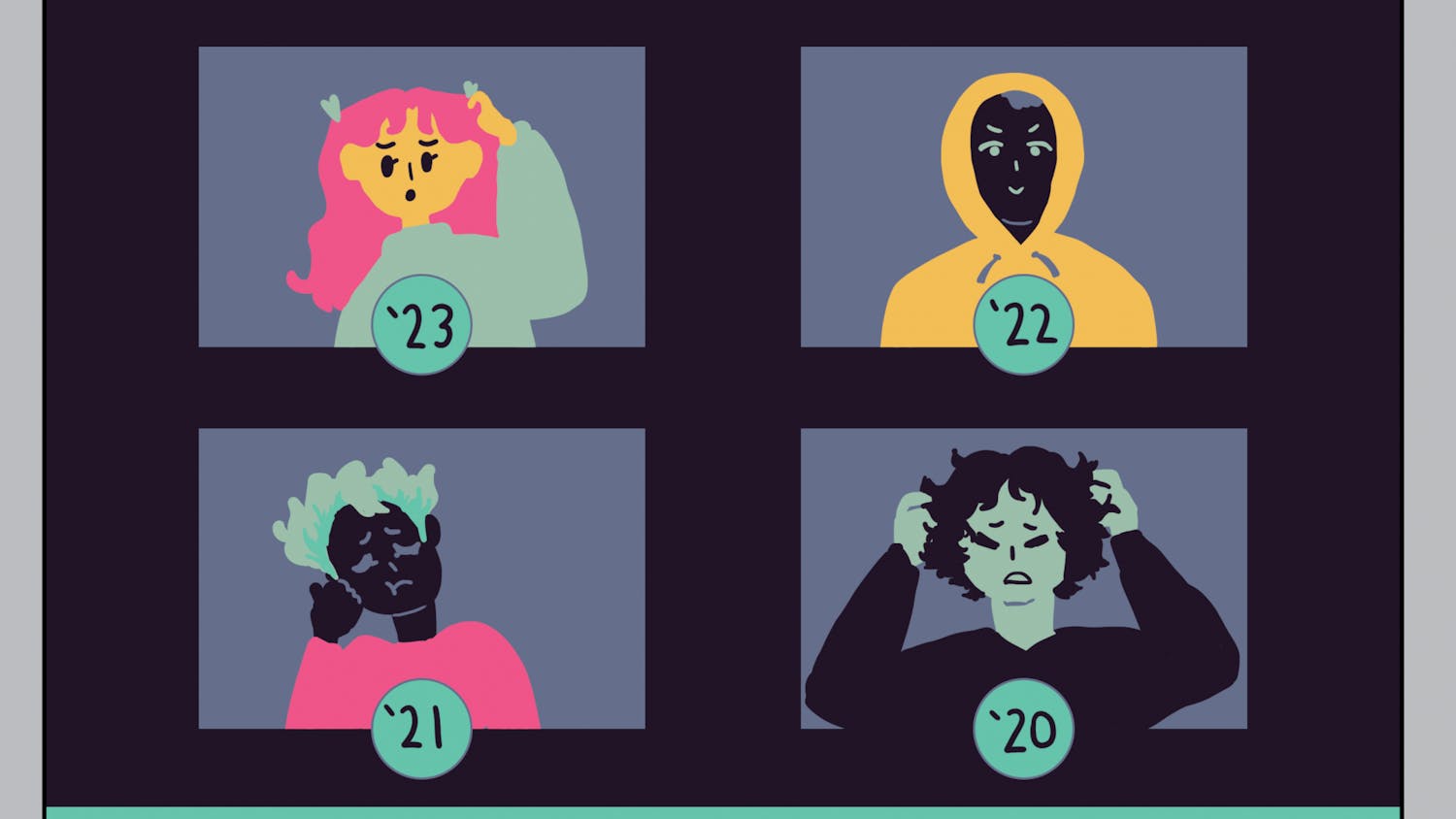When I set out to write an article on how the coronavirus has affected senior honors theses, I searched the Dartmouth website for a page describing what a thesis is. I found no such page. Each academic department has its own description of what a thesis looks like, and even within those departments, every project is unique.
This year, Jennifer West ’20 wrote her senior thesis in the government department, analyzing the impact of U.S. aid programs on women in Afghanistan. West explained that the coronavirus pandemic has changed the meaning of her work.
“There is a lot of urgency and anxiety surrounding the coronavirus in Afghanistan,” West said. “The implications of my thesis are potentially even more salient now because I am looking at women’s health outcomes as one of my variables of interest, and my findings could help inform the U.S. response in Afghanistan.”
At a time of uncertainty and risk, researching the safety of Afghan women has helped West navigate her own feelings of insecurity. The work itself has also helped West cope with the pandemic.
“Having this project forced me to develop mental separation between all the chaos of the outside world and everything I simply needed to get done because I had a deadline,” West said. “It both helped me compartmentalize and find space to feel everything I was feeling.”
Natalia McLaren ’20 has also had to adapt to working on her senior thesis from home. While West complained about losing access to Dartmouth’s library and other resources, being at home brought McLaren closer to her main primary resource — her mother.
“I’m doing a creative writing thesis that is a biographical fiction based on my mom’s life, so it’s actually been good to be home because I have her as a resource,” McLaren said, adding that her mom was even able to join the last part of her thesis presentation.
For West, presenting a thesis has taken on additional significance as the culmination of her undergraduate experience.
“I really don’t want my thesis to be over because then it’s really going to mean that school is over, and we aren’t going back,” she said. “My thesis was something that tethered me to Dartmouth.”
West is disappointed that she won’t be able to celebrate completing her thesis in the traditional way. She won’t get to introduce her family to her advisor at graduation, and her friends won’t be in the room when she presents her final product. Usually, such moments bridge our academic worlds and our personal lives, and West wonders how they will be recreated during a digital term.
In contrast, McLaren never expected her thesis to be a climactic experience. Rather, McLaren envisions her thesis as part of an elongated project that she will continue to work on as she applies to law school.
“Even though [a thesis is] a capstone experience, my thesis isn’t ending with graduation,” McLaren said. “I’m not close to done with this book — I’m finishing a few chapters through my thesis, but this is going to be a project for the long haul. I’m not looking at it as my culminating Dartmouth experience; it’s more like the beginning of a longer, novel journey.”
Finalizing a thesis at home proved more challenging for Klara Barbarossa ’20, whose neuroscience research hinges on data collected from an fMRI machine. In the winter, Barbarossa struggled to find participants for her study, which required participants with a thorough knowledge of the popular television show “The Office” and no metal in their bodies. A miscommunication resulted in her department not incentivizing participation in her study, further limiting her participant pool. But Barbarossa was determined to collect enough data to be able to start writing during the spring term.
“I had wanted 40, but we got 27,” Barbarossa said. “The plan was to hit 40 participants by continuing to collect in the spring, but I made sure I had enough for the thesis if worse came to worst — which it did.”
Barbarossa has been involved in neuroscience research throughout her four years at Dartmouth, first with the Women in Science Project, then as a Stamps Scholar and now as a senior completing honors thesis work.
Although she always knew she wanted to do a thesis project, she encountered many obstacles along the way — even before the pandemic prevented her from accessing necessary equipment.
“Maybe if I hadn’t known I wanted to do a thesis so far ahead in my undergraduate career, I wouldn’t have been so proactive,” Barbarossa said, explaining how she persevered in finding enough participants to form a viable study by the end of winter term.
Now that the year is ending, Barbarossa said she is glad that she chose to write a thesis rather than enrolling in a senior seminar.
“I wanted a project and final deliverable at the end of my college experience that I could call mine and be proud of,” she said. “I think a thesis was the perfect culmination of my undergrad research career.”
While their theses are unique, Barbarossa, McLaren and West each worked hard to complete their projects amid unexpected circumstances. For ’21s contemplating taking on theses of their own next year, such hard-working seniors can serve as inspiration.





